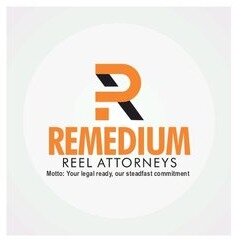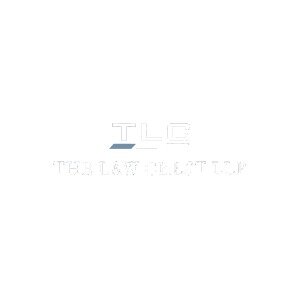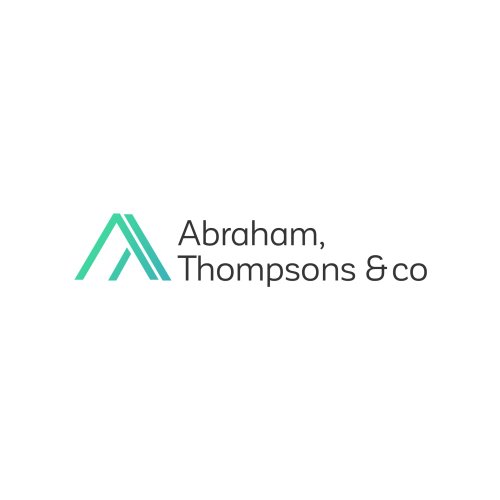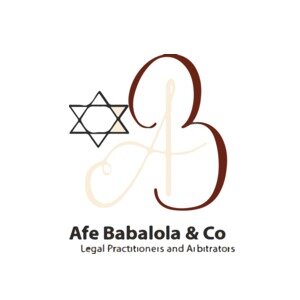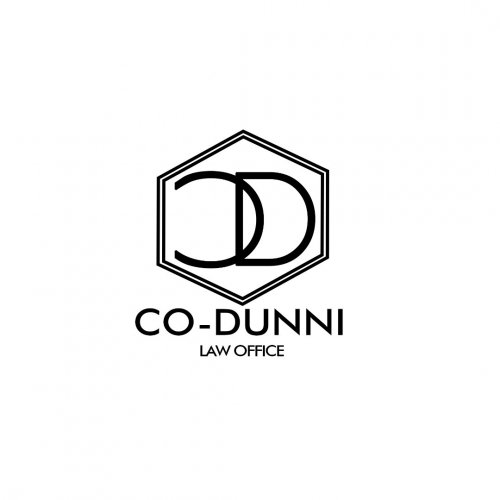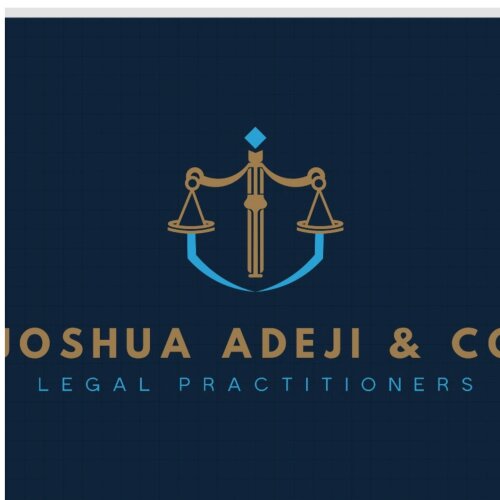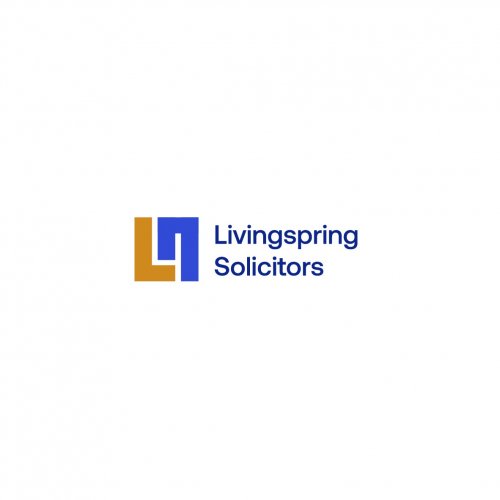About Debt & Collection Law in Lagos, Nigeria:
Debt & Collection law in Lagos, Nigeria is a branch of law that governs the legal processes and procedures related to debt recovery and collection. It encompasses various regulations and statutes that guide individuals and businesses in their efforts to recover outstanding debts.
Why You May Need a Lawyer:
There are several situations where seeking legal help in debt and collection matters is advisable. Some common scenarios include:
- When you are owed a significant amount of money and the debtor refuses or fails to repay.
- When you have received a legal notice or court summons for unpaid debt.
- When you need assistance in negotiating a settlement or restructuring of debts.
- When you want to ensure your debt collection practices comply with local laws and regulations.
- When dealing with complex legal issues related to debt recovery.
Local Laws Overview:
Debt & Collection in Lagos, Nigeria is regulated by various laws and regulations. Some key aspects to be aware of include:
- The Limitation Law sets a time limit for initiating legal action on debt recovery, typically 6 years from the date the debt becomes due.
- The Lagos State Debt Recovery and Debt Management Office was established to enforce debt repayment and help mitigate the burden of debt.
- The Lagos High Court has jurisdiction over debt recovery cases involving significant amounts and provides legal remedies for both creditors and debtors.
- The Nigerian Consumer Protection Council (CPC) safeguards consumers' rights and provides an avenue for resolving disputes arising from debt collection.
Frequently Asked Questions:
1. Can I take legal action against a debtor who refuses to repay their debt?
Yes, you can initiate legal action against a debtor who refuses to repay their debt. Consult with a lawyer to understand the legal options available to you and the best course of action to take.
2. Is there a time limit for pursuing legal action to recover a debt?
Yes, there is a time limit for pursuing legal action to recover a debt. In Lagos, Nigeria, the Limitation Law sets this limit to be around 6 years from the date the debt becomes due. Consult with a lawyer to know how this applies to your specific case.
3. Can a debt collector harass or intimidate me to repay my debts?
No, debt collection practices that involve harassment, intimidation, or threats are prohibited by law. If you believe you are being subjected to unfair practices, you can file a complaint with the Nigerian Consumer Protection Council (CPC) or seek legal assistance to protect your rights.
4. Can debt collectors seize my property without my consent?
No, debt collectors cannot seize your property without your consent or a valid court order. If you believe your property is being wrongfully seized, seek legal help to understand your rights and challenge such actions if necessary.
5. How can I negotiate a settlement or restructuring of my debts?
To negotiate a settlement or restructuring of debts, it is advisable to consult with a lawyer specialized in debt and collection matters. They can guide you through the negotiation process, protect your interests, and help you reach a favorable resolution with your creditors.
Additional Resources:
- The Lagos State Debt Management Office - https://publicdebt.lagosstate.gov.ng/
- The Nigerian Consumer Protection Council - https://www.cpc.gov.ng/
Next Steps:
If you require legal assistance in debt and collection matters in Lagos, Nigeria, here's what you can do:
- Research and identify reputable lawyers or law firms specializing in debt and collection in Lagos.
- Consult with a lawyer to discuss your specific case, provide necessary documentation, and seek their professional advice.
- Work closely with the lawyer to develop a strategy and take necessary legal actions to protect your rights in debt recovery.
- Stay informed about your rights and responsibilities as a creditor or debtor in Lagos, Nigeria, by referring to the relevant laws and regulations.
Lawzana helps you find the best lawyers and law firms in Lagos through a curated and pre-screened list of qualified legal professionals. Our platform offers rankings and detailed profiles of attorneys and law firms, allowing you to compare based on practice areas, including Debt & Collection, experience, and client feedback.
Each profile includes a description of the firm's areas of practice, client reviews, team members and partners, year of establishment, spoken languages, office locations, contact information, social media presence, and any published articles or resources. Most firms on our platform speak English and are experienced in both local and international legal matters.
Get a quote from top-rated law firms in Lagos, Nigeria — quickly, securely, and without unnecessary hassle.
Disclaimer:
The information provided on this page is for general informational purposes only and does not constitute legal advice. While we strive to ensure the accuracy and relevance of the content, legal information may change over time, and interpretations of the law can vary. You should always consult with a qualified legal professional for advice specific to your situation.
We disclaim all liability for actions taken or not taken based on the content of this page. If you believe any information is incorrect or outdated, please contact us, and we will review and update it where appropriate.





